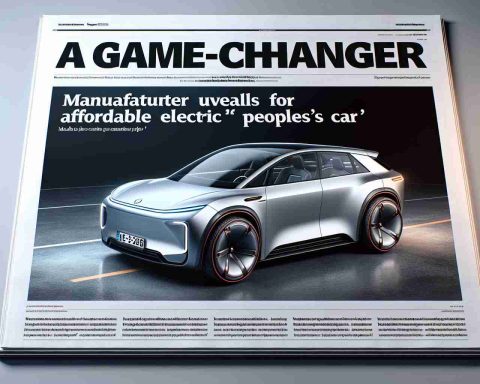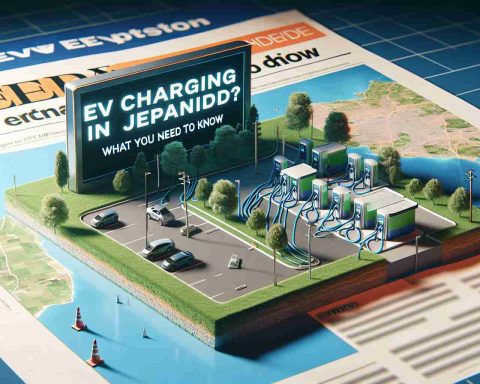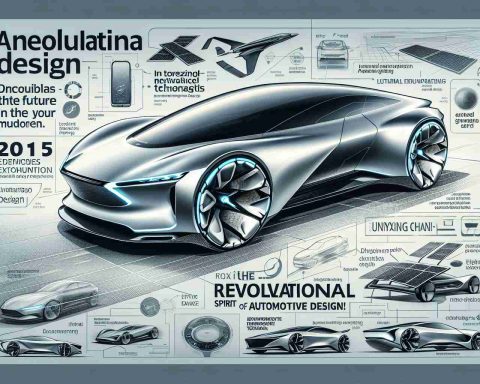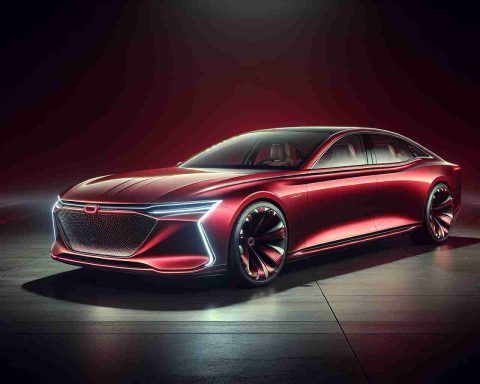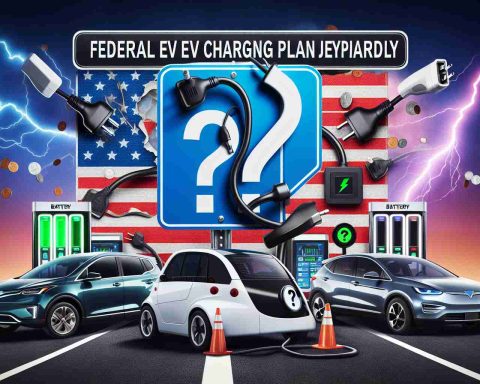- President Trump has suspended all federal funding for Louisiana’s electric vehicle (EV) charging infrastructure, including $73 million from the 2021 Bipartisan Infrastructure Law.
- This funding was intended to bolster local businesses in building EV chargers along major interstate routes.
- The Federal Highway Administration (FHA) has ordered state officials to halt grant disbursements and closed the online application portal indefinitely.
- Despite the funding freeze, nationwide demand for electric vehicles continues to grow.
- Advocates urge for a focus on private investment and efficient use of taxpayer dollars when funding is reinstated.
- The long-term impact on Louisiana’s EV charging ambitions remains uncertain as the situation develops.
In a dramatic turn of events, President Donald Trump has put a halt to all federal funding, impacting Louisiana’s electric vehicle (EV) charging infrastructure. This includes the $73 million allocated through the 2021 Bipartisan Infrastructure Law aimed at enhancing the state’s charging stations. Dubbed a “scam” by Trump, the initiative was intended to support local businesses in constructing EV chargers along key interstate corridors.
The Federal Highway Administration (FHA) delivered a memo announcing the suspension, instructing state transportation officials to cease any grant disbursements not yet utilized. Previously, the Louisiana Department of Transportation and Development (DOTD) had just begun accepting grant applications, igniting hope for a booming EV market in the state. Now, the online grant application portal has been abruptly closed, displaying an urgent message: “INDEFINITELY POSTPONED PENDING FHA REVIEW.”
Despite Trump’s ongoing criticism of President Biden’s clean energy initiatives, demand for electric vehicles is soaring nationwide. Advocates point out that the NEVI program was designed to rectify earlier missteps in the charger marketplace, prioritizing well-placed stations and encouraging private investments in EV infrastructure.
Ryan McKinnon from the Charge Ahead Partnership urges the FHA to ensure that when this funding is unblocked, it focuses on fostering private investment and efficient use of taxpayer dollars. As the race for a sustainable future continues, only time will reveal the fate of Louisiana’s EV charging ambitions and whether the funding freeze will be lifted.
Key takeaway: This funding suspension poses a significant setback for electric vehicle infrastructure development, but advocates remain hopeful for its revival.
Shocking Suspension: What’s Next for Louisiana’s EV Future?
The recent suspension of federal funding for Louisiana’s electric vehicle (EV) charging infrastructure has raised critical questions about the future of EV adoption in the state. With the $73 million from the 2021 Bipartisan Infrastructure Law now on hold, this decision impacts not only the growth of local businesses but also the overall transition to sustainable transportation amid increasing nationwide demand for electric vehicles.
Latest Insights on EV Infrastructure and Market Trends
– Impact of Electric Vehicles on the Market: Despite the funding suspension, the demand for electric vehicles is growing rapidly nationwide. According to recent market forecasts, EV sales are expected to increase by over 50% through 2025, largely driven by advancements in battery technology and increased consumer interest in sustainable options.
– Pros and Cons of Government Funding:
– Pros: Government funding can accelerate the rollout of EV infrastructure, drive private investments, and create jobs. It can also address the gap in charger availability along interstate corridors.
– Cons: Critics argue that reliance on government funding could lead to inefficiencies and misallocation of resources, as demonstrated by the current funding freeze.
– Security and Sustainability Considerations: As states work on establishing EV charging networks, security in terms of cybersecurity for charging stations is becoming paramount. Innovation in both hardware and software solutions is required to protect against potential vulnerabilities.
Key Questions About Louisiana’s EV Charging Future
1. What are the potential impacts of the funding suspension on local EV markets?
– The halt to funding may slow down the development of necessary infrastructure, leading to reduced adoption of electric vehicles in Louisiana. Local businesses that hoped to benefit from the grants will face setbacks, potentially stalling jobs and investments in the EV sector.
2. How might advocates influence the revival of this funding?
– Advocates like Ryan McKinnon from the Charge Ahead Partnership urge stakeholders to re-examine the NEVI program’s focus on efficient taxpayer dollar use and private sector involvement. Continued pressure from advocacy groups could lead to renewed discussions in Washington regarding the importance of the halted funding.
3. What innovations could emerge in response to the funding challenges?
– Companies may pivot towards developing private investment models that lessen dependency on government funding. Moreover, there could be increased collaboration with tech companies to enhance the efficiency and security of charging networks, creating new partnerships between the public and private sectors.
Conclusion
While the suspension of federal funding presents a significant hurdle for Louisiana’s electric vehicle infrastructure plans, trends indicate a strong continuing demand for EVs. The situation remains fluid, and stakeholders will likely seek pathways to restore financial support for this critical initiative.
For more information on electric vehicles and infrastructure developments, visit energy.gov.

